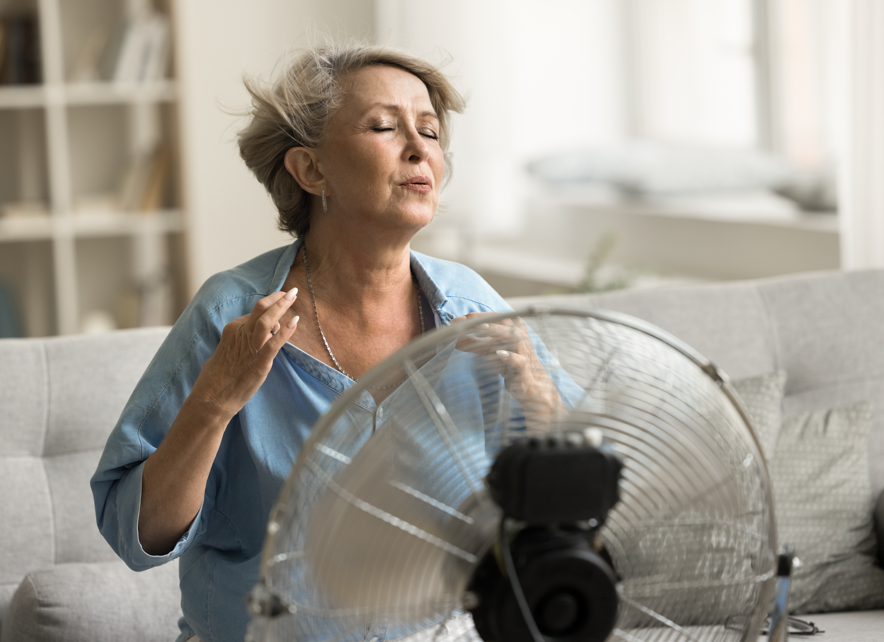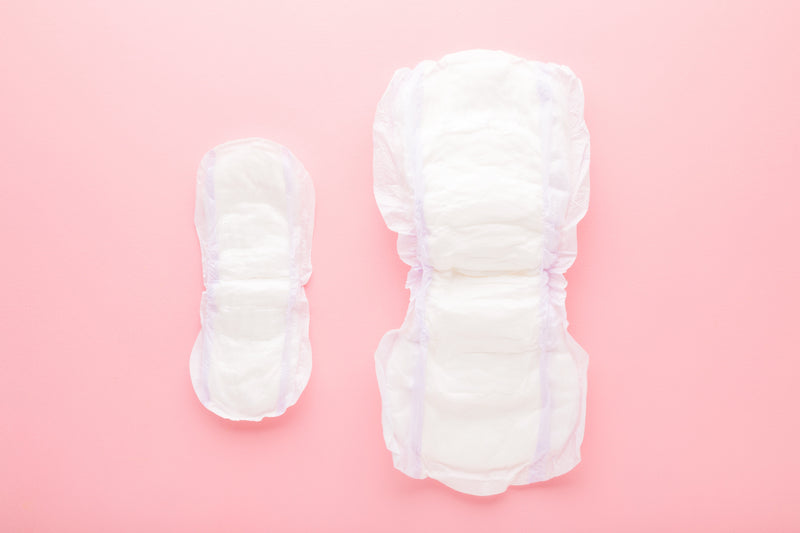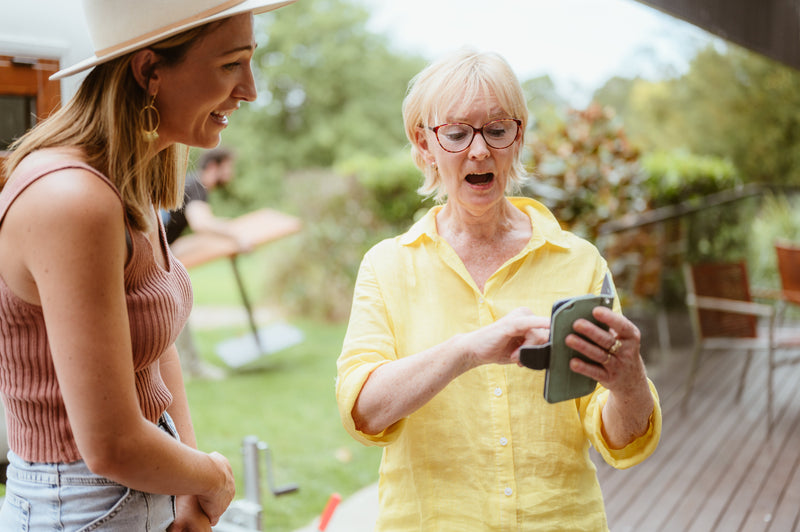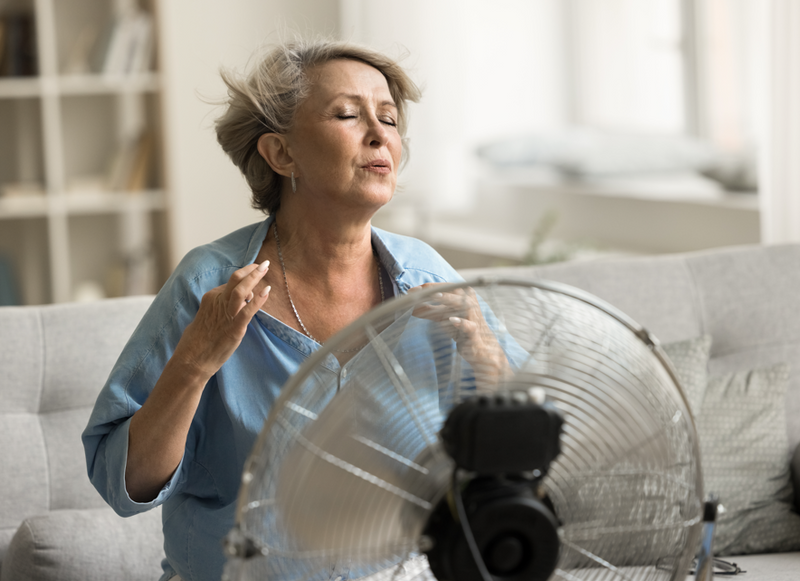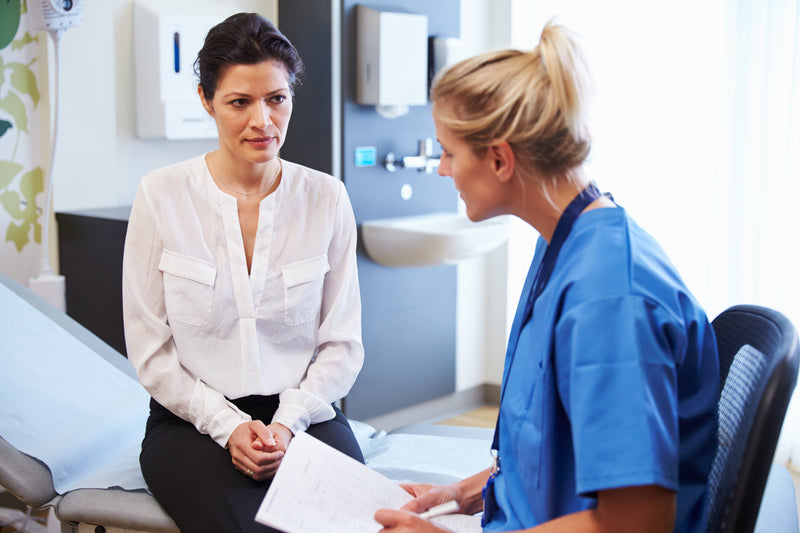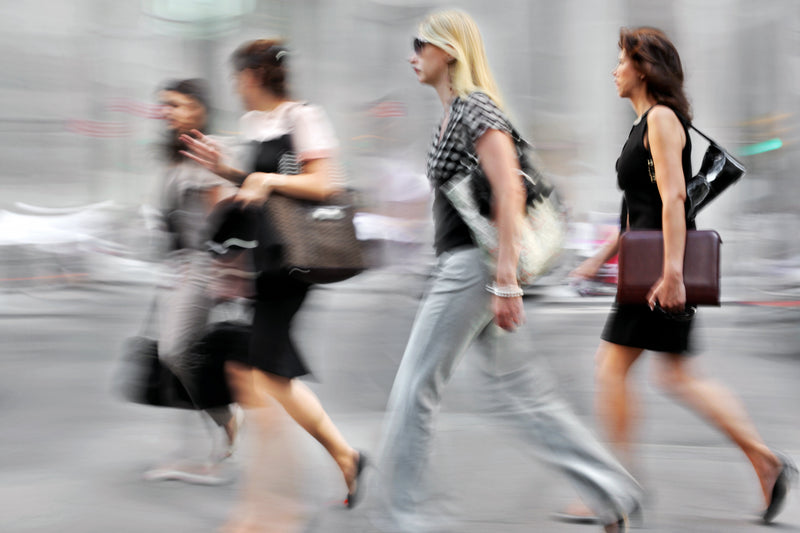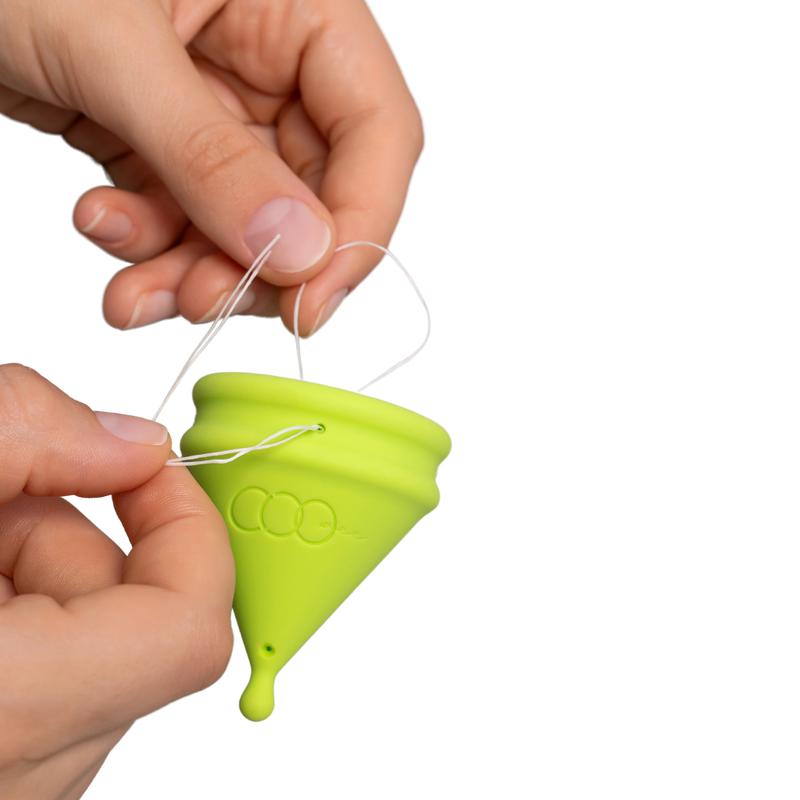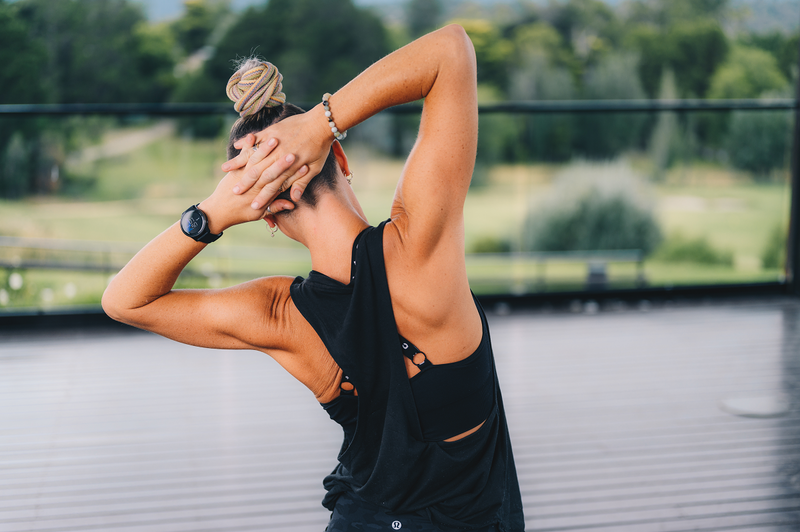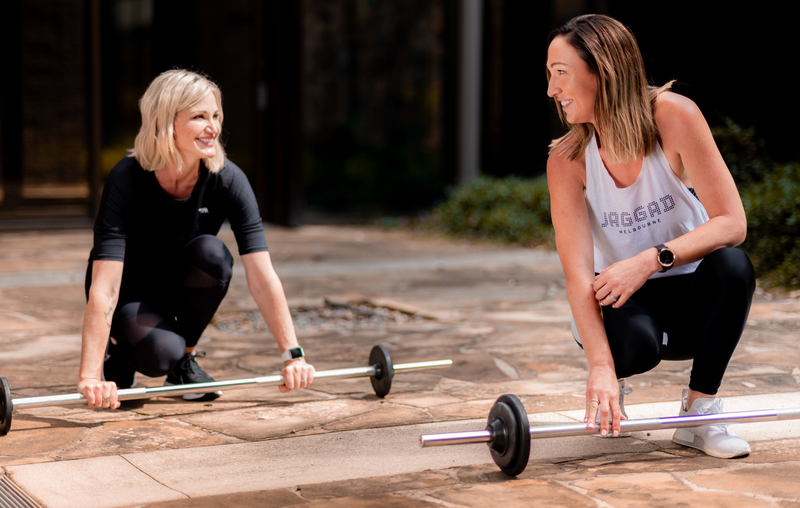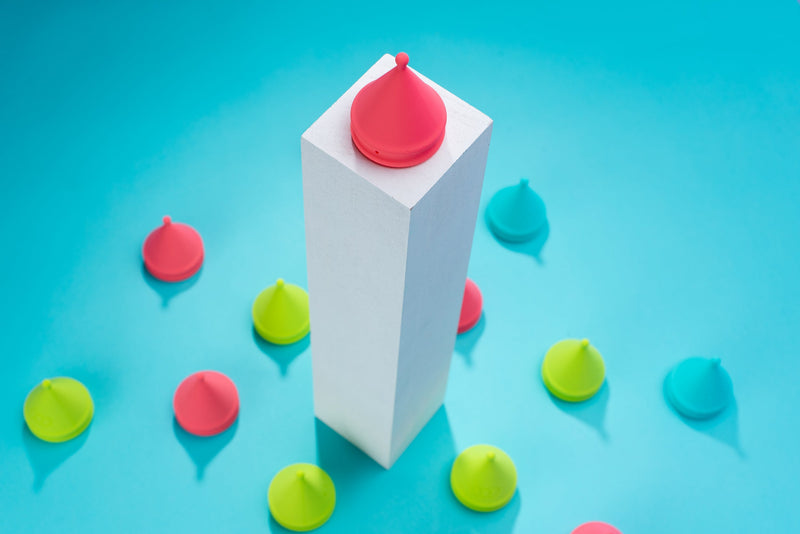Midlife brings plenty of changes - some welcome, others not so much. Among the more frustrating? The surprising arrival (or increase) of bladder leaks.
If you've noticed this happening in your 40s or 50s, you're not alone - and you're not imagining things. Leaks and urgency can become more common during perimenopause and menopause, and understanding why behind it all is the first step to finding the right support.
Let's break down the link between hormones and incontinence, and what you can do about it - naturally, gently, and on your own terms.
What's Happening During Menopause?
As women approach midlife, estrogen levels begin to decline - often starting gradually in the 40s during perimenopause and continuing into full menopause. Estrogen plays a major role in the health of pelvic tissues, including the urethra and bladder lining.
Less estrogen means:
- Thinner, drier tissues
- Less elasticity and strength in the pelvic floor
- Increased sensitivity in the bladder
- Reduced support for the urethra
This combination can lead to:
- Stress incontinence (leaks when you laugh, sneeze, or lift)
- Urge incontinence (strong need to go, sometimes without warning)
- Or a mix of both

Why Leaks Can Happen at Night - or Out of Nowhere
Hormonal shifts can also affect sleep, bladder signaling, and muscle tone. That's why some women experience:
- Nighttime waking to urinate (nocturia)
- Leaks on the way to the bathroom
- Increased frequency and urgency during the day
- A sudden need to scout out toilets while traveling or socializing
These symptoms often start subtly - and become more frequent over time if left unaddressed.
Finding Gentle, Non-Hormonal Support Not every woman wants or can take hormone replacement therapy (HRT) - and even for those who do, leaks may still persist.
Fortunately, there are non-invasive ways to support the body through this transition:
- Pelvic floor exercises to strengthen the internal support structures
- Mindful fluid and caffeine management to ease bladder pressure
- Stretching, walking, and breathing techniques to reduce tension
And for some women, light internal bladder support can offer day-to-day relief - discreetly and without the need for pads. These options can often be used in combination, giving you flexibility as your body adjusts.

What Works for One Body May Not Work for Another - And That's Okay
Every woman's journey through menopause is different. Some breeze through it with minimal symptoms, while others experience a cascade of changes that affect their confidence, comfort, and daily habits.
If leaks are part of your experience, it doesn't have to mean full lifestyle changes or major interventions. Products like Coo-Wee - a safe, washable, internal support for stress and mild urge incontinence - are designed to move with your body and restore confidence without the bulk or fuss of disposables.
Navigating Change Doesn't Have to Mean Compromise
You've handled every phase of life with strength - this one is no different. Whether you're just starting to notice symptoms or you've been quietly managing for a while, know that support is available - and it doesn't always come in the form of medication or surgery.
Curious if a discreet support like Coo-Wee could help you manage menopause-related bladder changes?
Take our short quiz to find the best fit for your lifestyle and body.
